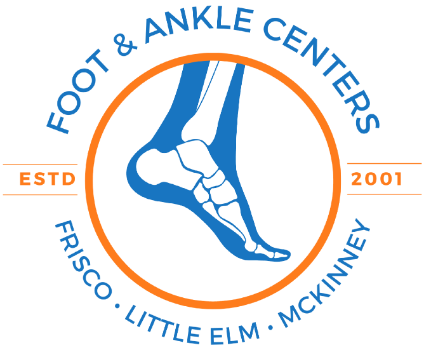If you've been struggling with cracked heels recently, you may be wondering about effective home care tips. Fortunately, most cases require simple lifestyle changes and adding moisturizing products to your daily routine. Here is a detailed guide based on the recommendations of our podiatrists:
1. Heel cracks are often caused by the buildup of calluses, which are hard and thickened patches of skin. To prevent this, it is important to have the dead dry skin safely removed by a podiatrist before it builds up and starts cracking.
2. Moisturizing your feet daily is key in preventing cracked heels. However, it's important to keep the area between your toes dry to prevent fungal infections.
3. Wearing appropriate footwear can help protect and support your feet. Avoid extended use of flip-flops, sandals without an enclosed heel, or going barefoot, as these can cause friction and pressure on your heels, leading to cracks.
4. To keep your feet protected, wear stockings or socks whenever possible. This can help prevent friction and keep your feet moisturized.
5. Drinking plenty of water is important to keep your skin hydrated and prevent cracking. In addition, daily exercises like stretching and walking can help improve circulation, which can promote healing and prevent further cracking.
If you follow these tips, you can help prevent and heal cracked heels. However, if your heels become excessively dry or painful, we recommend seeking advice from one of our expert podiatrists.
Most treatments will begin with the removal of hard, dry skin that has built up. This callus could be hiding underlying problems or infections that have contributed to your foot pain. After reducing the thickened callus to a manageable level and providing proper treatment to any open or infected wounds, your podiatrists will create a proactive treatment plan to heal and prevent future cracked heels.
Most treatments will begin by recommending a strong urea based moisturizer that should be applied to the foot daily, but not between the toes. Then a change of footwear may be discussed in order to provide your feet more protection. Follow-up appointments may be required to help maintain healthy callus levels and to ensure that any open or infected wounds are properly healing.


Leave a comment
0 Comments